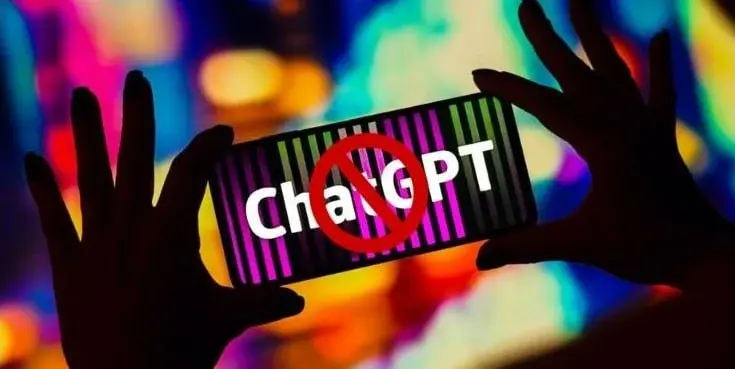The Rise of Artificial Intelligence in Our Lives
Artificial intelligence (AI) is becoming increasingly prevalent in our daily lives. Companies are investing in the development of AI chatbots and integrating AI capabilities into their services. However, this process is not as simple as it may seem.
Developing an AI model requires a deep understanding of both hardware and software, as well as training the model with vast amounts of data from various sources. Acquiring this data legally can be a challenge, as highlighted by a recent lawsuit between The New York Times, OpenAI, and Microsoft.
The Lawsuit: New York Times vs. OpenAI & Microsoft
The New York Times has filed a lawsuit claiming that their articles were used without permission in training language models such as ChatGPT and Microsoft Copilot. They are concerned about the impact on journalism, as AI can generate content at a much faster rate than humans. If AI leverages data from platforms like The New York Times, it could cause significant financial harm to these publications.
The newspaper has reached out to both OpenAI and Microsoft in an attempt to resolve the issue, but an agreement has yet to be reached. The New York Times is justified in their concerns. Using copyrighted content for commercial purposes is illegal, and the rise of low-quality AI-generated content poses a real threat to journalism.
The Threat to Journalism and Beyond
AI-generated content can be difficult to distinguish from human-made content, creating challenges for search engines like Google that prioritize originality. Journalism is particularly vulnerable to the impact of AI, as it relies on high-quality, original reporting. The future implications of AI in this field remain uncertain, pending the outcome of The New York Times' lawsuit against OpenAI and Microsoft.
It is clear that the number of AI technologies in our lives is rapidly increasing. However, the development and use of these technologies must be done responsibly and within legal boundaries. The outcome of this lawsuit will likely have a significant impact on the future of AI in journalism and beyond.


Leave a Reply